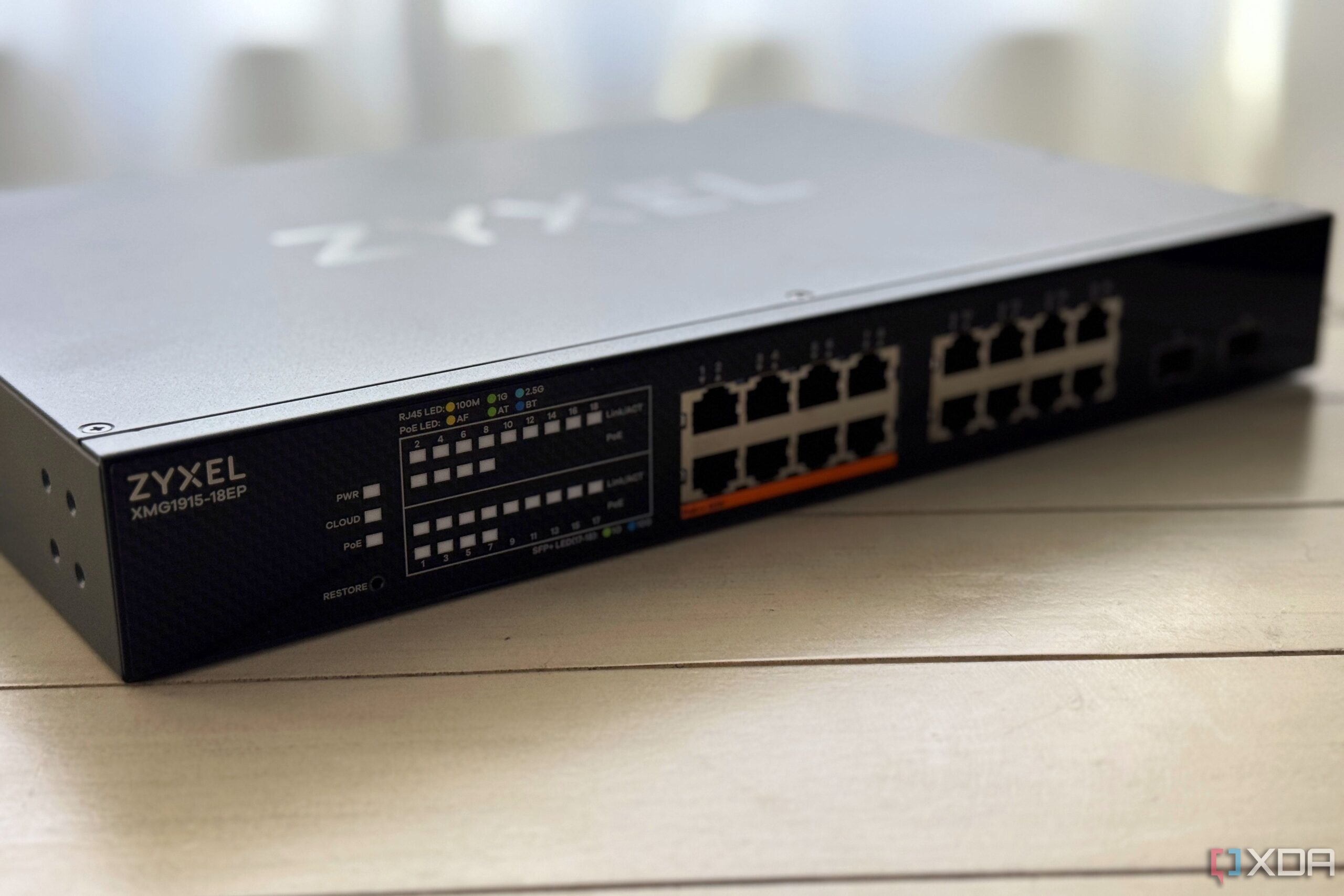Top Stories
Urgent Warning: Avoid Copper-Clad Aluminum Cabling for PoE Today

UPDATE: An urgent advisory has emerged for homeowners transitioning to Power-over-Ethernet (PoE) networks: do not use copper-clad aluminum (CCA) cabling. This critical warning highlights the significant safety hazards associated with CCA cables, which are increasingly being sold under misleading pretenses.
As smart home technology advances, many are opting for PoE, which delivers both data and power through a single cable. However, authorities confirm that the use of CCA wiring can result in serious overheating and fire risks, especially as power demands escalate to 95W for devices like high-performance Wi-Fi 7 access points and PTZ cameras.
The IEEE has recently updated cabling standards to accommodate higher power loads, increasing the risk associated with substandard cables. CCA cables, known for having 55% more electrical resistance than pure copper, do not meet modern safety standards and are prohibited in many buildings. The alarming potential for overheating and fires is compounded by their lack of flame-retardant properties, putting homes and lives at risk.
Experts urge consumers to pay close attention to the materials used in their cabling. While CCA cables may appear similar to pure copper, they often lack discernible markings, making it challenging for buyers to identify them. Beware of deals that seem too good to be true; pure copper twisted-pair cabling is a stable commodity, and any significant price drop should raise immediate red flags.
In addition to safety concerns, using CCA can lead to performance issues. The imbalanced heating from CCA can disrupt data signals, causing errors and device malfunctions. Experts stress that the initial savings from cheaper cabling can lead to costly repairs down the line, as pulling faulty cables from walls is both labor-intensive and expensive.
Given the potential hazards, experts strongly advise homeowners to invest in quality cabling from the outset. CCA cables not only fail to meet the National Electrical Code, but they also violate UL 444 and TIA standards for communications cabling, thereby posing a fire hazard.
The message is clear: do not compromise on safety when it comes to your home’s network infrastructure. Prioritize high-quality, pure copper cabling to ensure a reliable and safe smart home experience. As the demand for PoE continues to grow, ensuring your network is built on a solid foundation is more crucial than ever.
Stay informed and ensure your home is equipped with the safest and most reliable technology. Share this urgent warning with your networks today to prevent potential disasters.
-

 Science2 months ago
Science2 months agoInventor Achieves Breakthrough with 2 Billion FPS Laser Video
-

 Health2 months ago
Health2 months agoCommunity Unites for 7th Annual Into the Light Walk for Mental Health
-

 Top Stories2 months ago
Top Stories2 months agoCharlie Sheen’s New Romance: ‘Glowing’ with Younger Partner
-

 Entertainment2 months ago
Entertainment2 months agoDua Lipa Aces GCSE Spanish, Sparks Super Bowl Buzz with Fans
-

 Health2 months ago
Health2 months agoCurium Group, PeptiDream, and PDRadiopharma Launch Key Cancer Trial
-

 Top Stories2 months ago
Top Stories2 months agoFormer Mozilla CMO Launches AI-Driven Cannabis Cocktail Brand Fast
-

 World2 months ago
World2 months agoIsrael Reopens Rafah Crossing After Hostage Remains Returned
-

 Entertainment2 months ago
Entertainment2 months agoMother Fights to Reunite with Children After Kidnapping in New Drama
-

 World2 months ago
World2 months agoR&B Icon D’Angelo Dies at 51, Leaving Lasting Legacy
-

 Business2 months ago
Business2 months agoTyler Technologies Set to Reveal Q3 Earnings on October 22
-

 Health2 months ago
Health2 months agoYouTube Launches New Mental Health Tools for Teen Users
-

 Health2 months ago
Health2 months agoNorth Carolina’s Biotech Boom: Billions in New Investments









